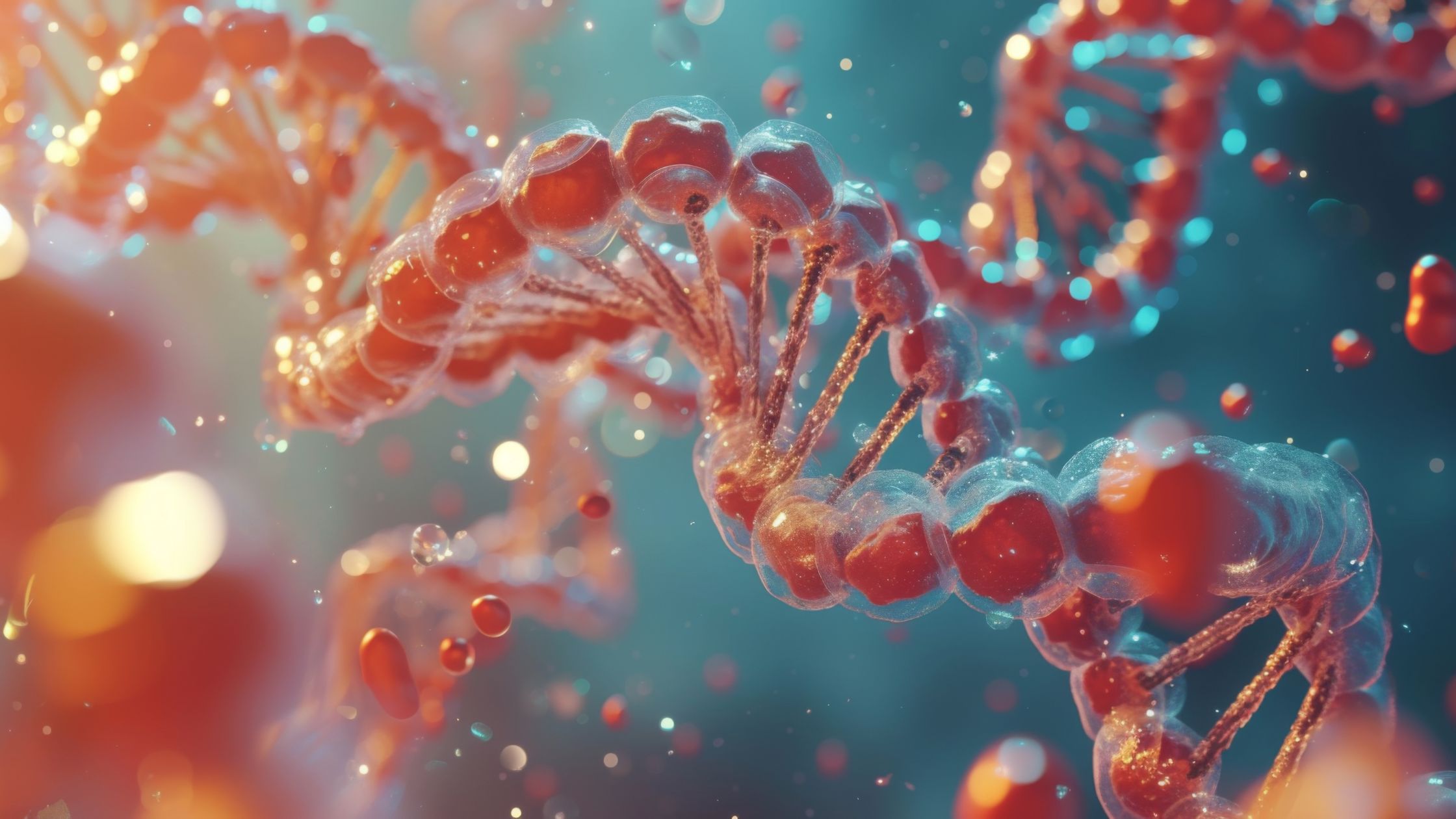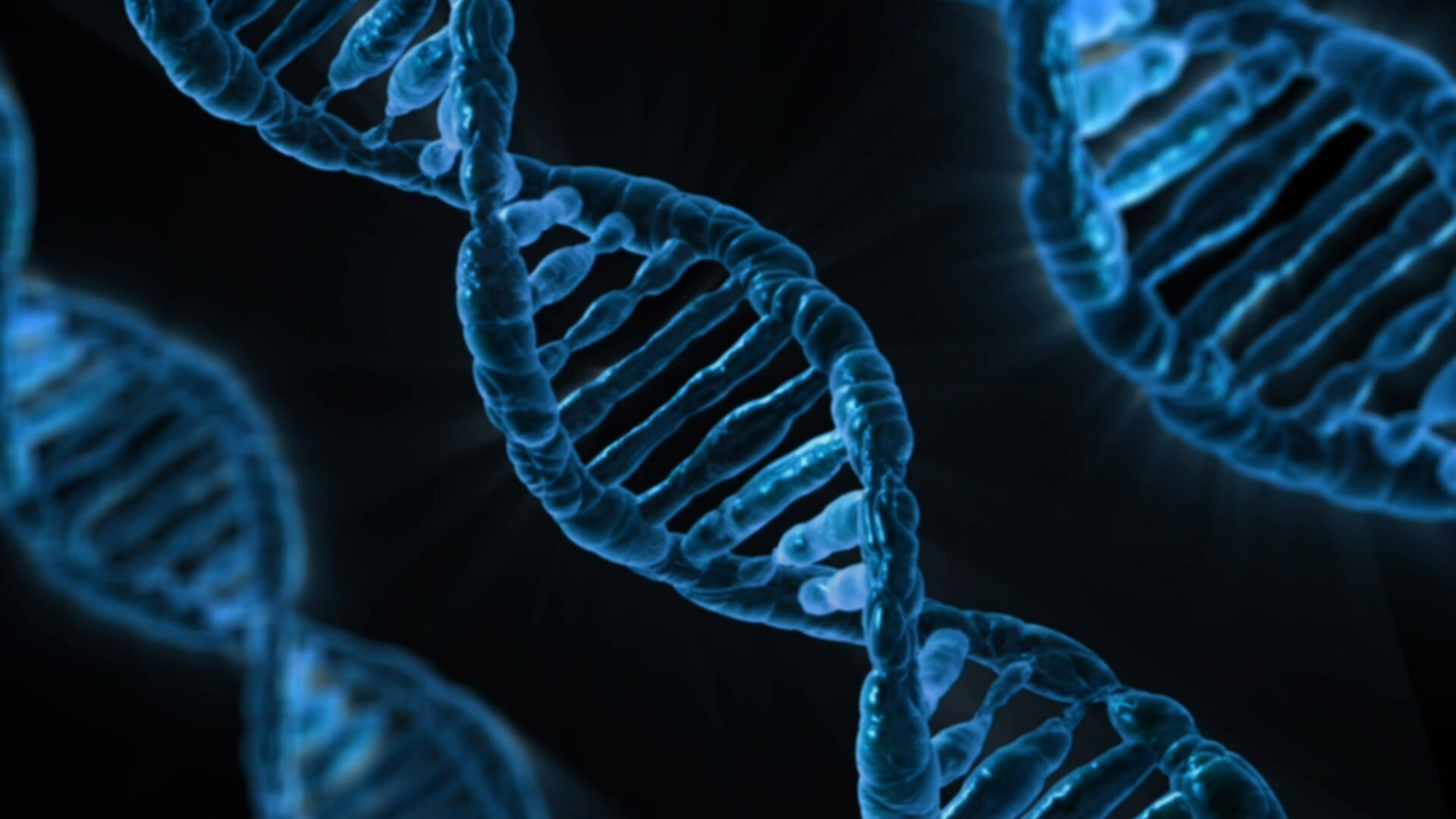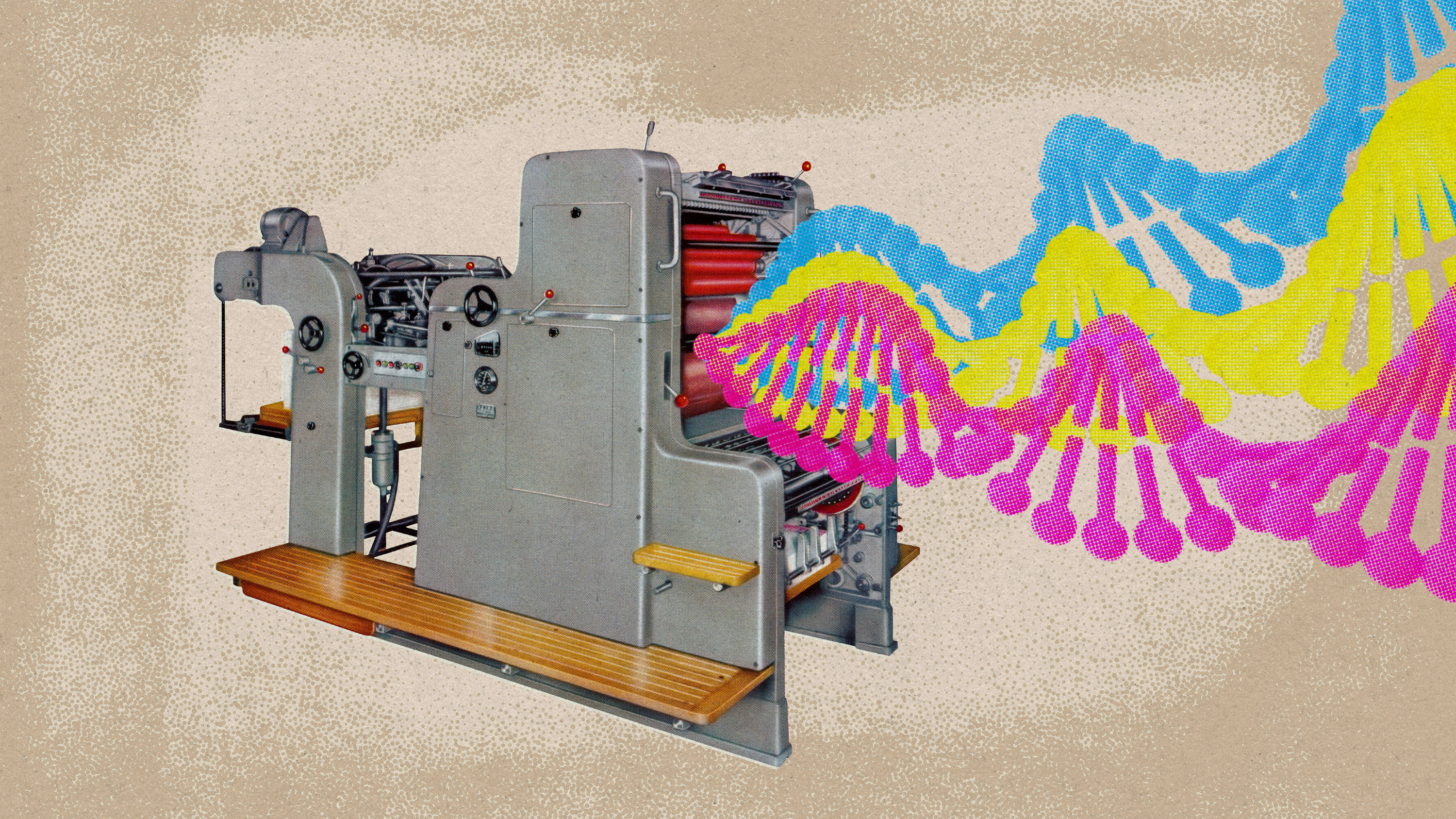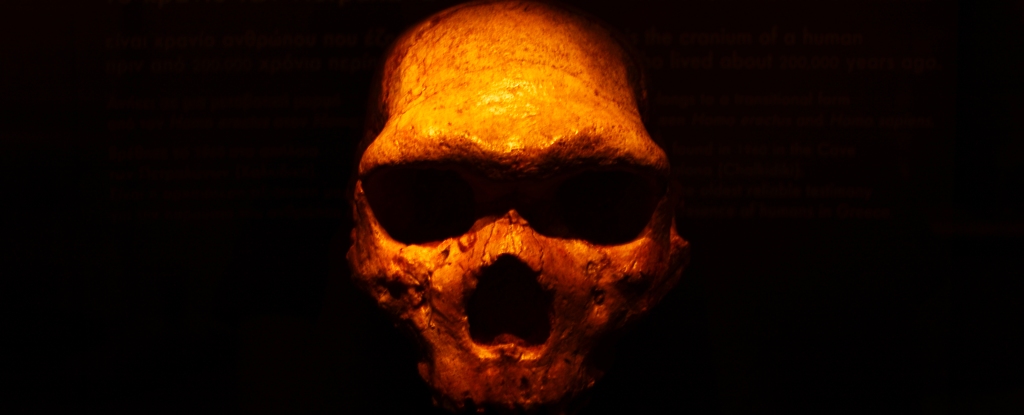
A team of researchers in the UK has started an ambitious new scientific project: to create an artificial human genome entirely from scratch.

Gene expression, where cells use the genetic information encoded in DNA to produce proteins, has been thought of as a dimmer light.

Combining several existing datasets, scientists zeroed in on thousands of potential new genes that make roughly 3,000 miniproteins.

Encoding information in DNA has long seemed like a promising way to secure data for the long term, but so far it has required an expert touch.

Knowing how high-potency cannabis alters gene activity may bring us closer to understanding why some users develop psychosis.

Scientists have recently discovered 14 'skinny' genes that could influence how individuals lost weight in response to exercise.

A full DNA computer is a step closer, thanks to a new technology that could store petabytes of data in DNA for thousands or even millions of years. The system can also process data, as demonstrated by solving sudoku puzzles.

The Homo sapiens genome today contains a little bit of Neanderthal DNA. These genetic traces come from almost every part of the Neanderthal genome – except the Y sex chromosome, which is responsible for making males.

Tardigrades dramatically increase expression of certain DNA repair transcripts in response to ionizing radiation.

This direct historical connection suggests that around 125,000 years ago, the massive 2.2 million cubic kilometer West Antarctic Ice Sheet that separates the two bays had fully collapsed into the sea.

Researchers from Finland's University of Helsinki found that certain single mutations produce palindromes, which read the same backward and forward. Under the right circumstances, these can evolve into microRNA (miRNA) genes.

The electric eel is the biggest power-making creature on Earth. It can release up to 860 volts, which is enough to run a machine. In a recent study, Japanese researchers found electric eels can release enough electricity to genetically modify small fish larvae.

Researchers at Shanghai Jiao Tong University has demonstrated a DNA computer that can solve quadratic equations with 30 logic gates.

Microscopic fragments of environmental DNA were found in Ice Age sediment in northern Greenland. Researchers discovered the fragments that are one million years older than the previous record for DNA.

Technically referred to as sedaDNA – for sedimentary ancient DNA – the recovered samples are likely to prove useful in the ongoing efforts to understand how climate change could affect Antarctica in the future.